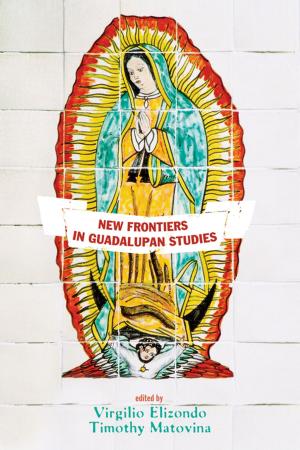Subversive Meals
An Analysis of the Lord's Supper under Roman Domination during the First Century
Nonfiction, Religion & Spirituality| Author: | R. Alan Streett | ISBN: | 9781621897569 |
| Publisher: | Wipf and Stock Publishers | Publication: | June 27, 2013 |
| Imprint: | Pickwick Publications | Language: | English |
| Author: | R. Alan Streett |
| ISBN: | 9781621897569 |
| Publisher: | Wipf and Stock Publishers |
| Publication: | June 27, 2013 |
| Imprint: | Pickwick Publications |
| Language: | English |
Subversive Meals examines the Lord's Supper within the sociopolitical context of first-century Roman domination, and concludes that it was an anti-imperial praxis. Although the Christian communal meal looked much like a typical Roman banquet in structure, with a deipnon and a symposion, it was essentially different. The Roman meal supported the empire's ideology, honored Caesar and the gods, reinforced stratification among the masses, and upheld Rome's right to rule the world. The Christian meal, on the other hand, included hymns that extolled Jesus as Lord, prophecies that challenged Rome's ideological claims, and letters--read aloud--that promoted egalitarianism and instructed believers on how to live according to kingdom of God principles. Hence, the Christian banquet was an act of nonviolent resistance, or what James C. Scott calls a hidden transcript.
Subversive Meals examines the Lord's Supper within the sociopolitical context of first-century Roman domination, and concludes that it was an anti-imperial praxis. Although the Christian communal meal looked much like a typical Roman banquet in structure, with a deipnon and a symposion, it was essentially different. The Roman meal supported the empire's ideology, honored Caesar and the gods, reinforced stratification among the masses, and upheld Rome's right to rule the world. The Christian meal, on the other hand, included hymns that extolled Jesus as Lord, prophecies that challenged Rome's ideological claims, and letters--read aloud--that promoted egalitarianism and instructed believers on how to live according to kingdom of God principles. Hence, the Christian banquet was an act of nonviolent resistance, or what James C. Scott calls a hidden transcript.















